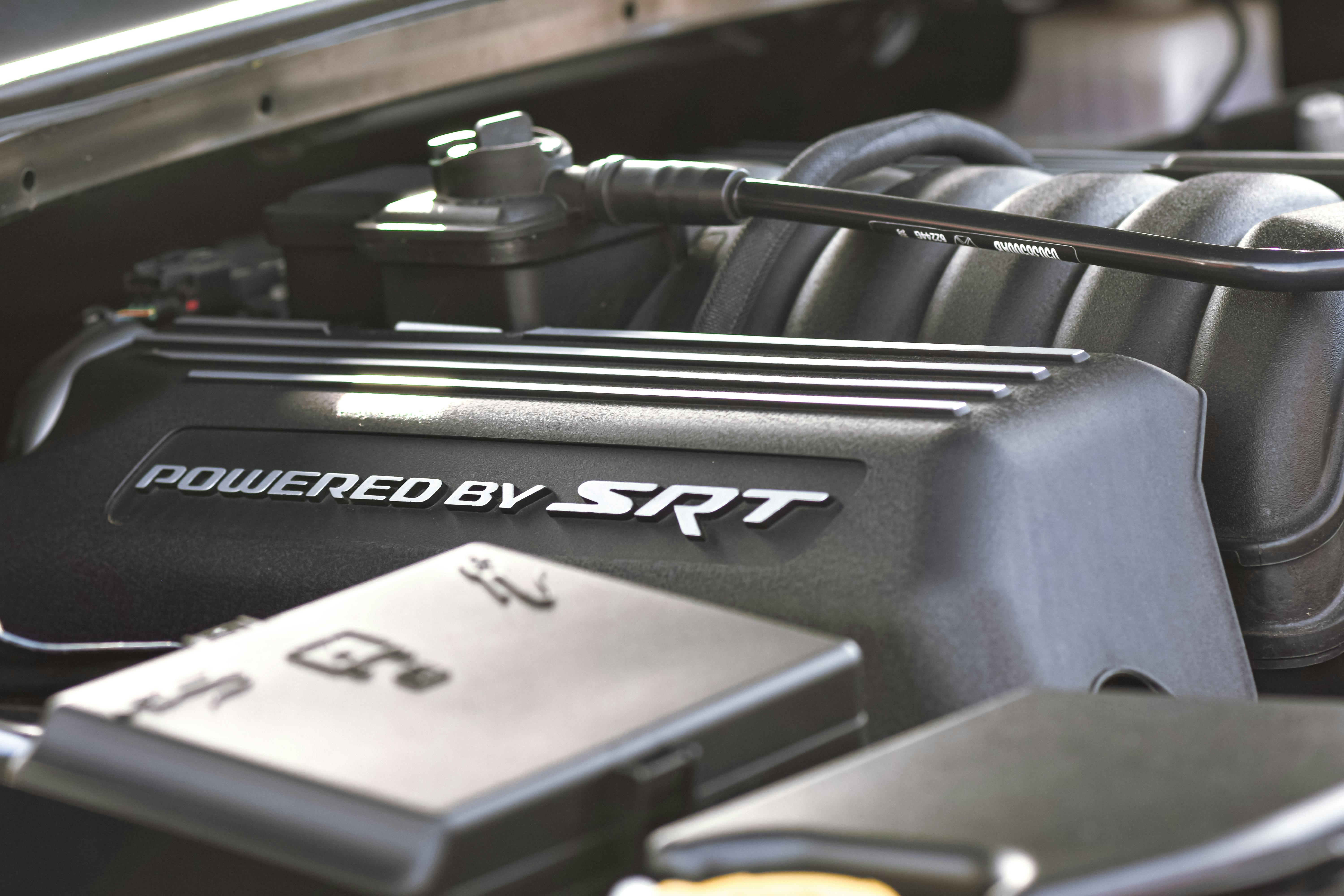The Dawn of Hydrogen Fuel Cell Technology in Cars
Imagine a world where cars emit nothing but water vapor into the atmosphere. This is not a science fiction story, but a reality that's inching closer each day, thanks to hydrogen fuel cell technology. This article delves into the origins, developments, and potential impacts of this revolutionary technology in the automotive industry.

The Origins and Evolution of Hydrogen Fuel Cells
The concept of hydrogen fuel cells is not as new as you might think. In fact, it was first introduced in the early 19th century by Sir William Grove, a British scientist. However, the practical development of these cells did not begin until the 1950s, mainly for space missions. In the automotive industry, the idea of hydrogen-powered cars started gaining traction in the late 20th century.
Several automakers, including Toyota and Honda, have taken the lead in developing hydrogen fuel cell vehicles (FCVs). Toyota introduced the Mirai, its first FCV, in 2014. Since then, advancements in fuel cell technology have been primarily driven by the need for more sustainable and eco-friendly transportation solutions.
The Mechanics Behind Hydrogen Fuel Cells
A hydrogen fuel cell operates by converting chemical energy into electrical energy. It consists of two electrodes – an anode and a cathode – separated by an electrolyte. Hydrogen gas is introduced to the anode, and oxygen from the air is introduced to the cathode. The hydrogen molecules are split into protons and electrons. The protons pass through the electrolyte, while the electrons flow through an external circuit, creating electricity. At the cathode, the protons, electrons, and oxygen combine to form water – the only emission from this process.
The Potential and Challenges of Hydrogen Fuel Technology
Hydrogen fuel cells offer significant potential for the automotive industry. They produce zero harmful emissions, and hydrogen is the most abundant element in the universe, making it a potentially inexhaustible fuel source. Furthermore, FCVs have a longer range and faster refueling time compared to electric vehicles.
However, this technology is not without its challenges. Hydrogen is difficult to store and transport, and the current lack of infrastructure for hydrogen refueling is a significant barrier to the widespread adoption of FCVs. Moreover, the process of producing hydrogen itself often relies on fossil fuels, which somewhat undermines the technology’s green credentials.
The Future of Hydrogen Fuel Cell Cars
Despite the challenges, the future of hydrogen fuel cell cars looks promising. Automakers and governments worldwide are investing heavily in this technology and the necessary infrastructure. For instance, Japan aims to become a ‘hydrogen society’ by 2050, and part of their plan includes having 800,000 FCVs on the road.
In conclusion, hydrogen fuel cell technology could play a crucial role in the quest for sustainable and clean transportation. While hurdles remain, the potential benefits of this technology make it a compelling area of focus in the automotive world.





